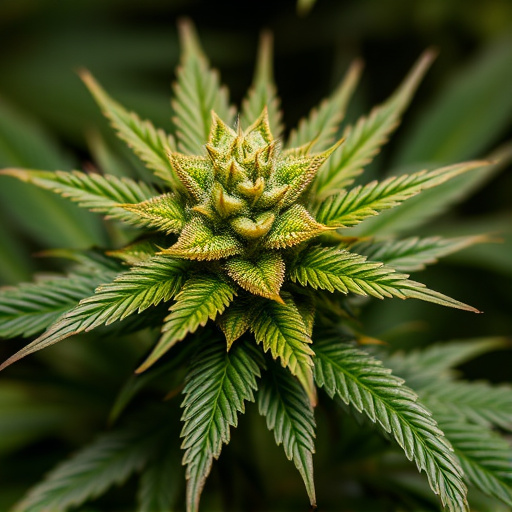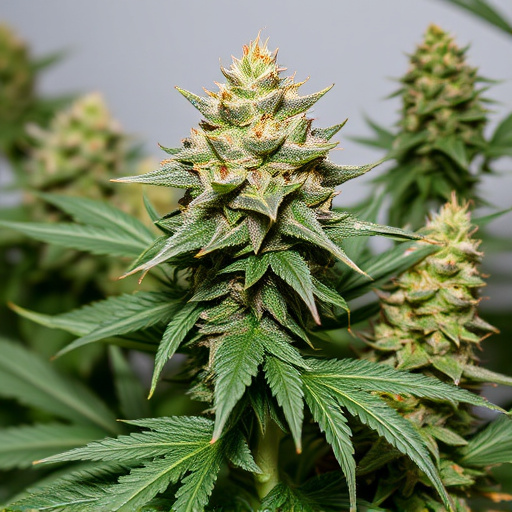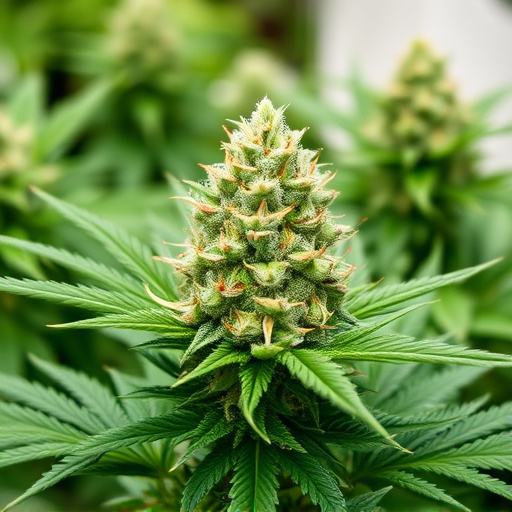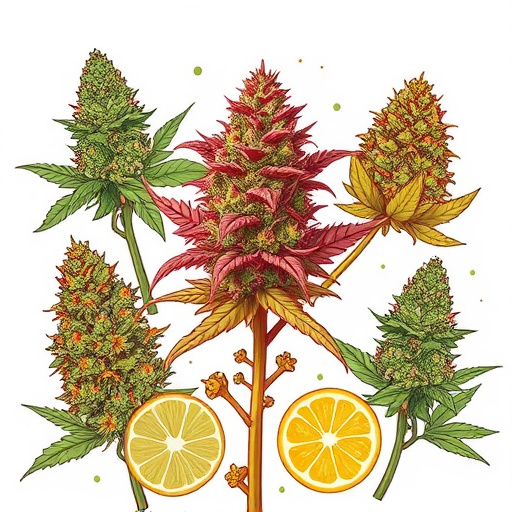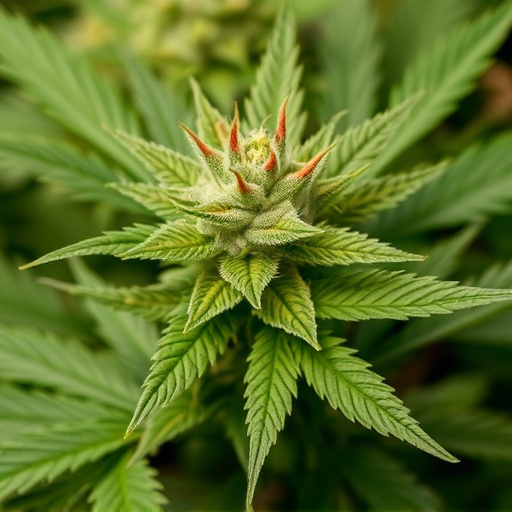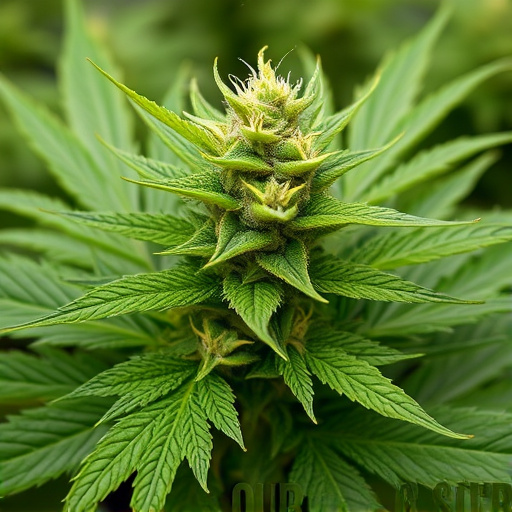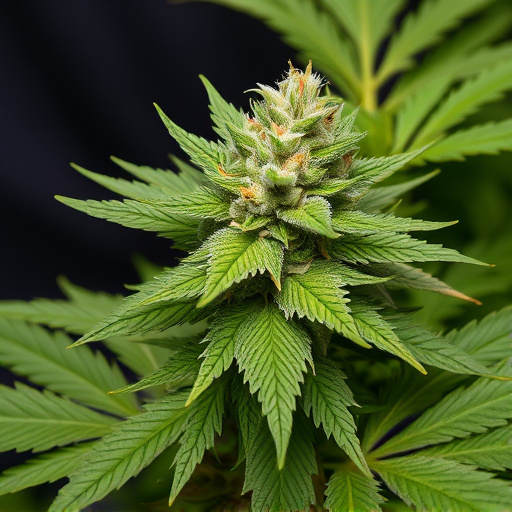Smoking sour cannabis strains, popular for their tangy taste and heightened sensory effects, can lead to short-term benefits like enhanced creativity but also increased anxiety and potential long-term health risks. High THC content contributes to side effects such as memory impairment and respiratory issues with regular use. While cannabis has medicinal value, excessive or frequent use of potent sour strains may indicate a disorder that requires professional help. Therapy, support groups, and rehab centers offer effective tools for recovery, emphasizing the importance of seeking assistance for better mental and physical health.
“Smoking weed, especially potent sour cannabis strains, comes with a range of side effects that often go overlooked. This article delves into the short-term and long-term impacts on health, including cognitive disruptions, respiratory issues, and potential mental health risks. We explore coping strategies and emphasize the importance of seeking professional help for those struggling with cannabis use disorders. Understanding these effects is crucial for making informed decisions regarding marijuana consumption.”
- Short-Term Effects of Smoking Sour Cannabis Strains
- Long-Term Potential Health Risks and Side Effects
- Coping Strategies and Seeking Help for Cannabis Use Disorders
Short-Term Effects of Smoking Sour Cannabis Strains
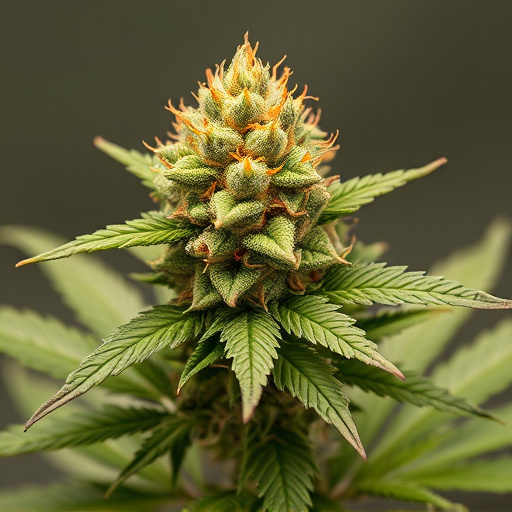
Smoking sour cannabis strains, characterized by their intense, tangy aroma and flavor, can lead to several short-term effects. Users may experience heightened sensory perception, with colors appearing more vibrant and sounds seeming louder or clearer. This heightened awareness can translate into an enhanced creative experience for some, but it also often accompanies a heightened sense of anxiety and paranoia, especially in individuals who are new to cannabis use.
The THC content in sour strains tends to be higher than that in sweeter varieties, which can intensify the psychoactive effects. Short-term memory impairment is a common side effect, making it challenging to concentrate or remember tasks. In some cases, users may also experience dizziness, dry mouth, and red, glazed eyes—all typical immediate reactions to cannabis consumption. These symptoms usually subside within a few hours as the THC levels in the body start to decline.
Long-Term Potential Health Risks and Side Effects
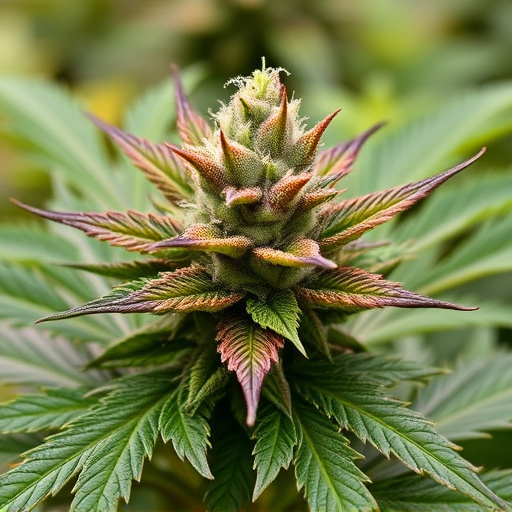
While many people enjoy recreational or medicinal use of cannabis, it’s important to understand that long-term use can come with potential health risks and side effects. Research suggests that regular cannabis consumption, especially with potent sour cannabis strains, may contribute to respiratory issues such as chronic bronchitis and increased risk of lung infections. This is partly due to the inhalation of smoke, which can irritate and damage the delicate lungs tissues.
Additionally, long-term use has been linked to mental health challenges, particularly in individuals predisposed to conditions like anxiety and depression. The high levels of THC found in potent strains may exacerbate these issues, leading to a higher risk of psychosis, especially among young people. Memory and cognitive functions can also be impacted, causing difficulties with concentration and learning. These potential adverse effects highlight the need for further research and responsible cannabis use.
Coping Strategies and Seeking Help for Cannabis Use Disorders
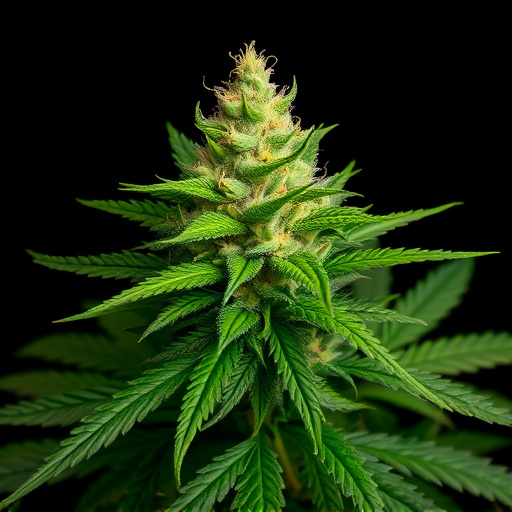
Coping with a cannabis use disorder can be challenging, but there are effective strategies to manage and overcome addiction. If you’re struggling with heavy or frequent use of sour cannabis strains, consider seeking professional help. Therapy and support groups offer valuable tools for understanding and addressing underlying issues that contribute to excessive use. Cognitive-behavioral therapy (CBT), for instance, can help individuals identify and change negative thought patterns and behaviors associated with drug use.
Rehab centers specialized in substance abuse treatment provide a structured environment for detoxification and comprehensive care. They offer individual counseling, group sessions, and education on addiction recovery. Joining support groups like Narcotics Anonymous (NA) or other cannabis-specific communities can foster peer connections, encourage accountability, and provide ongoing support during the healing process. Remember, reaching out for help is a sign of strength, and many resources are available to assist in overcoming cannabis use disorders.
While cannabis, particularly sour strains, offers potential therapeutic benefits, it’s crucial to be aware of its side effects. Both short-term impacts like cognitive disruptions and anxiety, as well as long-term risks such as respiratory issues and mental health disorders, can arise from regular use. If you or someone close to you struggles with cannabis use, seeking professional help is essential. There are coping strategies available to manage dependencies and promote healthier alternatives. Remember, understanding the potential drawbacks of sour cannabis strains empowers individuals to make informed decisions regarding their well-being.
